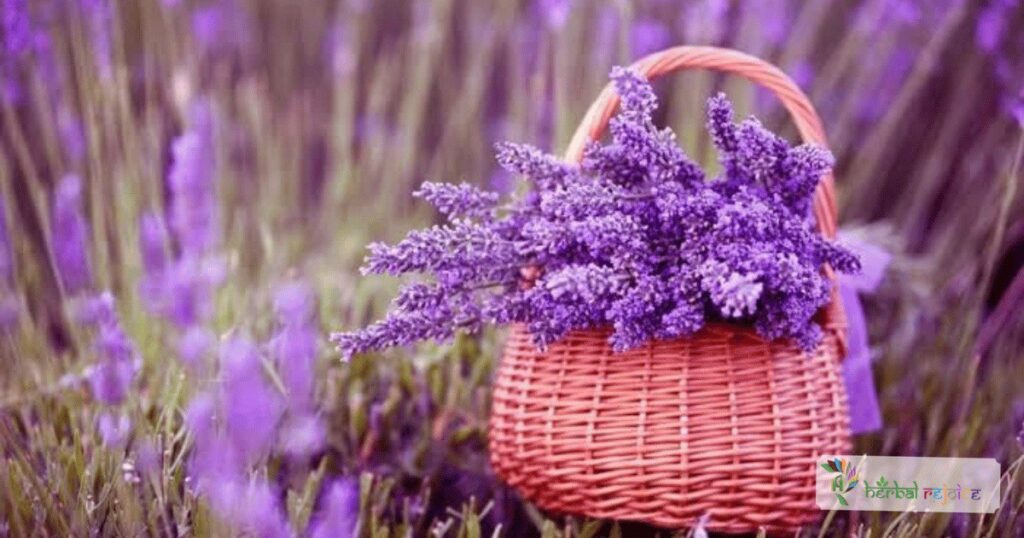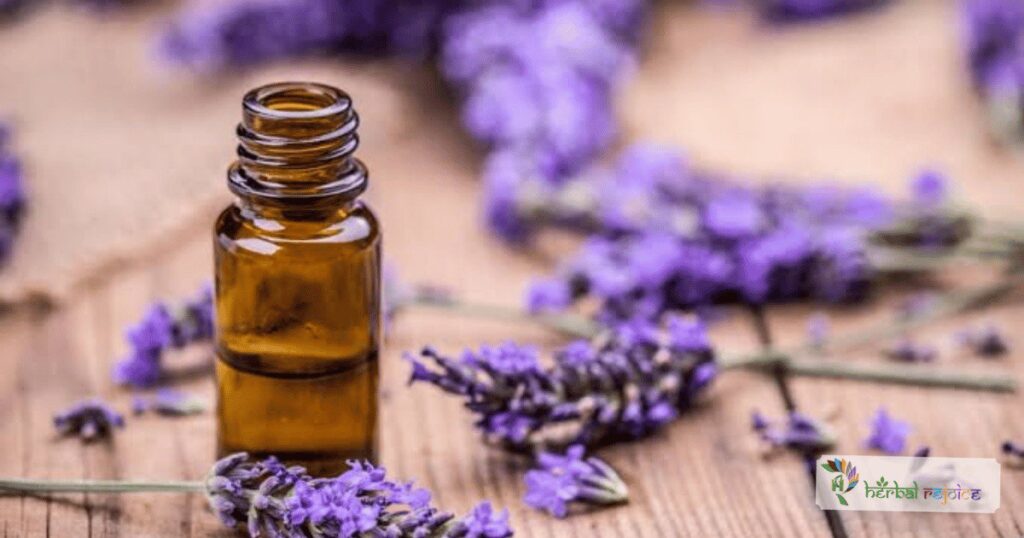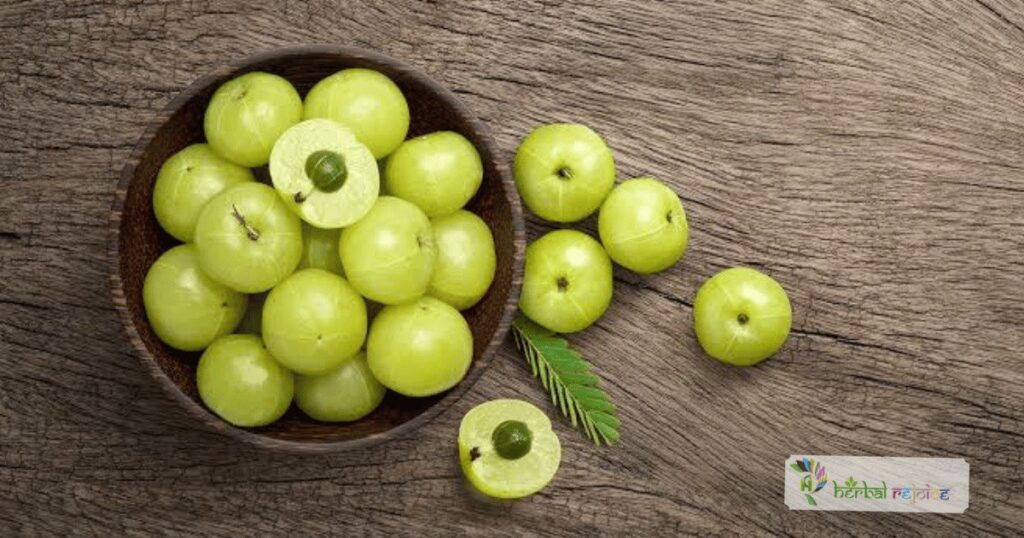Embrace the Essence of Serenity
Lavender stands out as a time-honored aromatic herb that has captured hearts for centuries in the enchanting world of natural remedies for various ailments from soothing insect bites to relieving headaches, calming stomach upsets, and renewing skin cells.
Known for its sweet and pungent beckoning aroma, Lavender Oil, derived from the Lavandula officinalis Chaix (L. Vera D.C.) plant, has been cherished by ancient civilizations, including the early Romans, Egyptians, and Turks. Its name, “lavare,” derived from Latin for “to wash,” reflects its historical use in scented baths, believed to protect against evil spirits and diseases with its pure aroma.
The Botanical Charm and Phytochemical Wonders
With its twenty-eight known species, Lavender is an evergreen, shrubby perennial that graces the Mediterranean region with its presence.
Lavender’s slender leaves and aromatic two-lobed flowers, ranging from purple to blue and soft pink, contribute to its exquisite allure.
The oil is carefully extracted from the plant’s aboveground parts, boasting a harmonious blend of tannins, terpenes, and coumarins.
The Scientific Symphony of Lavender
Beyond its mesmerizing fragrance, Lavender Oil holds a wealth of scientifically verifiable effects.
The oil’s antiseptic properties combat bacteria and fungi, aiding it in treating wound infections and even diaper rash.
Lavender’s sedative nature, long recognized by midwives since the Middle Ages, has been affirmed by modern research.
Studies in mice have demonstrated its pronounced tranquillizing effects, calming the mind, especially in times of stress.
Unveiling Lavender’s Healing Presence
Drawing inspiration from ancient herbal compendiums, Lavender is a versatile remedy for various ailments.
From soothing insect bites to relieving headaches, calming stomach upsets, and renewing skin cells, Lavender effortlessly transforms into an ally for many health concerns.
In Ayurvedic terms, Lavender’s mildly pungent taste and cooling influence make it suitable for all three mind-body constitutions, effectively pacifying Pitta and Kapha and balancing Vata.
Unwind and Rejuvenate – Practical Uses of Lavender

Embrace the enchanting influence of Lavender with our array of practical suggestions.
For moments of anxiety or tension headaches, steep dried lavender flowers in hot water for a soothing tea.
To relieve neck strain and headaches, gently apply a few drops of lavender oil mixed with neutral massage oil to the temples and nape of the neck.
Add lavender oil to a sugar cube and let it dissolve slowly in your mouth as a gentle remedy for digestive upsets.
For those seeking solace in deep slumber, diffuse the essential oil in your bedroom or indulge in a lavender flower sachet on your pillow. Children who have difficulty falling asleep tend to find comfort in this approach.
Lavender in the Heart of Herbal Rejoice
At Herbal Rejoice, our love for Lavender Oil knows no bounds. We integrate the essence of this captivating herb into our sleep routine, enhancing relaxation and tranquillity.
Lavender tea takes centre stage in calming mild anxiety, adding to the harmony of the mind and body.
A Symphony of Safety – Embracing Lavender with Confidence
With a high safety profile, Lavender Oil offers a gentle and safe remedy for a wide range of concerns. Aside from rare skin sensitivity to the essential oil, Lavender deserves a place of honour in any holistic wellness routine.
The Magical World of Lavender Awaits You
Enter the magical world of Lavender Oil, where tranquillity, rejuvenation, and enchantment intertwine. Immerse yourself in the tender embrace of nature’s gift, and let Lavender infuse your life with serenity and joy.
At Herbal Rejoice, we invite you to unlock the treasures of Lavender, discovering the transformative power of this ancient herbal gem.
Embrace the essence of serenity and embark on a healthy living journey with Lavender Oil by your side. The wonders of Lavender await you, dear reader, at Herbal Rejoice.
Frequently Asked Questions (FAQ) About Lavender Oil
What is Lavender Oil?
Lavender Oil is a volatile oil obtained through steam distillation of fresh flowering tops of Lavandula officinalis Chaix (L. Vera D.C.), commonly known as true Lavender or common Lavender.
Where is Lavender sourced from?
Lavender Oil is indigenous to mountainous or hilly regions of Europe and is found in Portugal and throughout the Mediterranean. India also cultivates it to a certain extent.
What are the chemical constituents of Lavender Oil?
Lavender Oil contains approximately 30-40 per cent esters, such as linalyl acetate, and other components, like linalool, pinene, geraniol, and cineol.
What are the traditional uses of Lavender Oil?
People have traditionally used Lavender Oil as an aromatic, carminative, and flavouring agent in perfumery and cosmetics.
What historical significance does Lavender hold?
Lavender’s sweet and intense aroma has a rich history dating back to ancient times. The Romans used Lavender to perfume their baths, and ancient Egyptians and Turks also prized it for its pure aroma, believed to ward off evil spirits and disease-causing agents.
How is Lavender described botanically?
Lavender is an evergreen, shrubby perennial with small, slender leaves and aromatic, two-lobed flowers ranging from purple or blue to soft or bright pink.
What is the preferred species for Lavender Oil?
Lavandula stoechas and Lavandula angustifolia species yield the highest quality essential oil upon extraction.
What are the scientifically verifiable effects of Lavender Oil?
Lavender Oil has demonstrated antiseptic effects on bacteria and fungi, making it valuable in treating conditions like wound infections and diaper rash.
What is the historical use of Lavender in delivery rooms?
Lavender has been used since the Middle Ages in delivery rooms to reduce infections, and recent studies suggest its oil may help alleviate discomfort after childbirth.
What is the primary recommendation for Lavender’s sedative properties?
Lavender is widely recommended for its sedative properties, as it has pronounced tranquillizing effects and a calming influence, especially during times of stress.
What is the significance of Lavender in aromatherapy?
Lavender aromatherapy provides a subtle, soothing influence, and adding lavender fragrance to massage and facial oils encourages relaxation.
How is Lavender used in the prenatal program?
Lavender is an essential component of the prenatal program, where new mothers are encouraged to take lavender sitz baths after giving birth to soothe irritated tissues.
What are the practical uses of Lavender for various ailments?
Lavender reduces insect bites’ stings, cools the pain of burns, soothes sore throats, relieves headaches, and calms stomach upsets.
What are the suggested applications of Lavender for digestive problems and skin toning?
Lavender water from its flowers can aid in digestive problems; while applied as a skin toner, it helps renew cells and treats acne.
What are the recommended uses of Lavender for anxiety and tension headaches?
For anxiety, tension headaches, and depression, steep dried lavender flowers in hot water to make a soothing tea.
What practical approach can help children settle down to sleep?
To help children calm down and sleep, diffuse lavender essential oil in the bedroom or place a sachet of lavender flowers on the pillow.
What is the relationship between Lavender and Ayurveda?
Although not known to the original Ayurvedic doctors, Lavender’s herbal energetics align with Ayurvedic principles, with its mildly pungent taste and cooling influence suitable for all three mind-body constitutions.
Are there any precautions when using Lavender Oil?
Other than a rare skin sensitivity to the essential oil, Lavender has a high safety profile.
What is Lavender’s historical significance in perfumes, soaps, and sachets?
Lavender has been a popular herb used in perfumes, soaps, and sachets for thousands of years due to its delightful colour, pleasant aroma, and delicate flowers.
What is Lavender’s impact on patients in an intensive-care unit?
Patients exposed to lavender oil during massage therapy reported less anxiety and a better mood, highlighting Lavender’s potential benefits in reducing stress.


